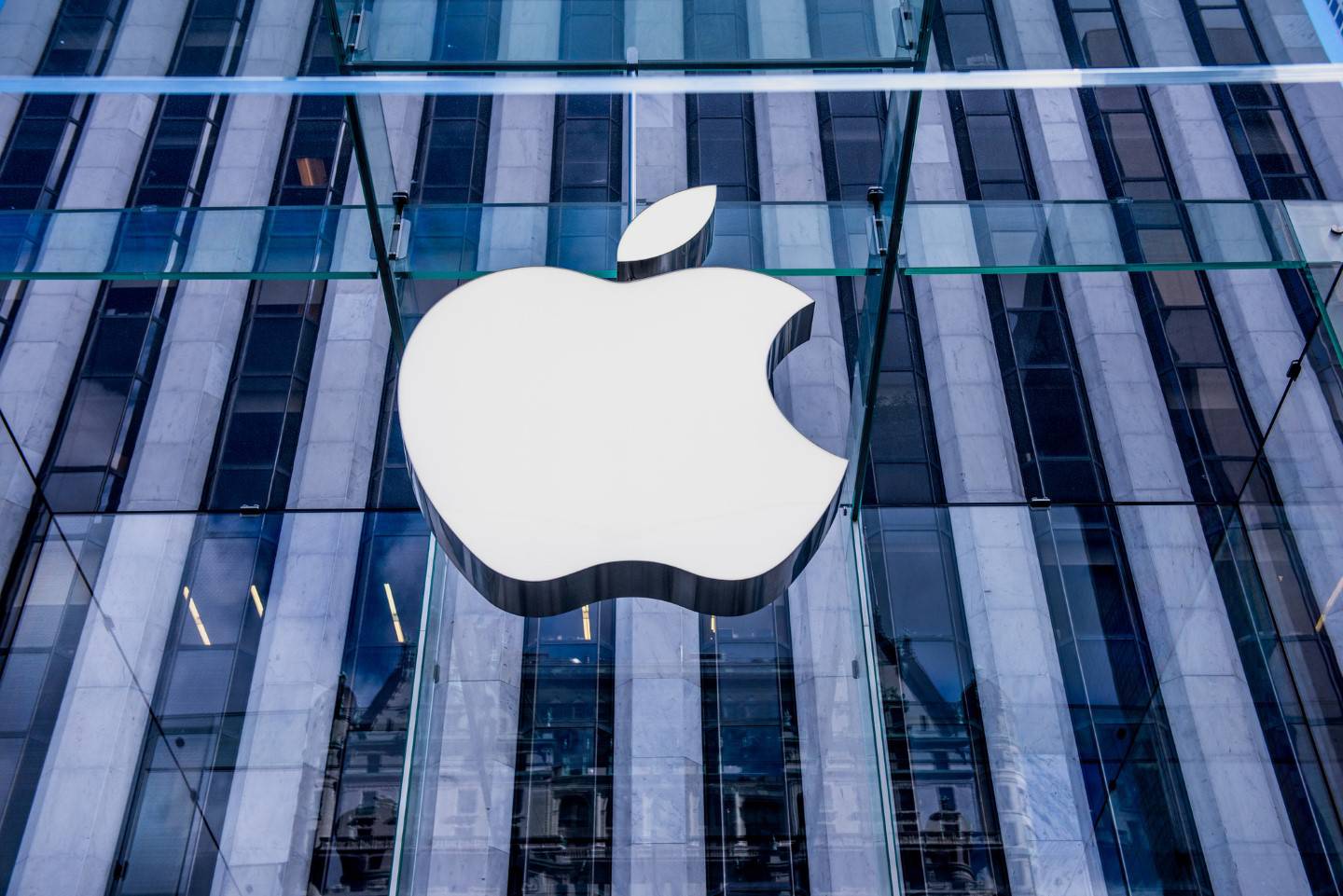

Apple limits OpenAI's ChatGPT
Apple limits OpenAI’s ChatGPT usage among employees:
According to recent reports by the Wall Street Journal (WSJ), Apple has made the decision to limit its employees’ usage of OpenAI’s ChatGPT language model. ChatGPT is an artificial intelligence model developed by OpenAI that is designed to generate human-like text responses in a conversational manner.
The WSJ article states that Apple has raised concerns about potential security risks associated with the use of ChatGPT. The company reportedly believes that unrestricted access to the language model could pose a threat to sensitive and confidential information. As a result, Apple has implemented restrictions on the usage of ChatGPT within its internal networks.
This move by Apple reflects the growing concerns among tech companies regarding the potential misuse or unintended consequences of powerful language models. While these models have proven to be valuable tools for a wide range of applications, including customer support, content generation, and research, they also raise concerns about privacy, security, and the spread of misinformation.
OpenAI’s ChatGPT is one of the most advanced language models available, capable of generating coherent and contextually relevant responses. However, the technology is not without its limitations. It can sometimes produce biased or incorrect information, and there have been instances of malicious actors using similar models to generate harmful content.
Apple’s decision to restrict employee access to ChatGPT aligns with its long-standing commitment to privacy and security. By implementing these measures, the company aims to mitigate potential risks and protect its sensitive data. It is worth noting that Apple has not banned the use of ChatGPT entirely but has instead limited its usage within its internal networks.
This development highlights the ongoing challenges faced by companies as they navigate the benefits and risks associated with AI technologies. Striking the right balance between harnessing the capabilities of advanced language models and ensuring data security remains a crucial task for organizations across various industries.
The limitations imposed by Apple on the usage of OpenAI’s ChatGPT among its employees may impact various aspects of the company’s operations. One area that could be affected is internal communication and collaboration. ChatGPT has the potential to facilitate faster and more efficient interactions by providing quick answers and suggestions. By limiting its usage, Apple employees may need to rely on alternative methods for obtaining information or assistance, which could potentially slow down certain processes.
Furthermore, Apple’s decision could also have implications for the development of AI-powered applications and services within the company. ChatGPT and similar language models are valuable tools for training and testing AI algorithms. By restricting access to such models, Apple may face challenges in refining and improving its own AI technologies, potentially impacting the company’s innovation capabilities in this domain.
However, it’s important to note that Apple’s move is not unique. Many organizations are grappling with similar concerns and are implementing measures to ensure responsible and secure use of AI models. This includes establishing clear guidelines, conducting rigorous audits, and implementing safeguards to protect sensitive data.
OpenAI, the organization behind ChatGPT, has been actively working to address the concerns associated with the potential misuse of its models. They have made efforts to improve transparency, encourage responsible AI practices, and involve the wider community in auditing and evaluating the models for biases and ethical considerations. OpenAI’s collaboration with external organizations, like Partnership on AI and other research institutions, highlights their commitment to fostering a safer and more beneficial deployment of AI technologies.
Apple limits OpenAI’s ChatGPT usage among employees:
As the field of AI continues to evolve, it is likely that more companies will adopt similar measures to manage the risks associated with language models. Striking a balance between leveraging the capabilities of AI models and ensuring data security and privacy remains a complex challenge. It requires ongoing collaboration between technology companies, policymakers, and society as a whole to establish guidelines and frameworks that support the responsible and ethical use of these powerful AI tools.
[Pune, 12-03-2025] – The global Retail Pack Whole Fresh White Mushroom Market is witnessing significant…
[Pune, 11-03-2025] – The global flax milk market is experiencing rapid expansion, with market valuation…
The global Food and Beverages Market is set for remarkable growth, projected to reach $11,149.19…
[Pune, 07-03-2025] – The airline booking system market continues to be a crucial component of…
[Pune,07-03-2025] – The Affiliate Program Software market continues to evolve as businesses worldwide recognize the…
March 2025 – [Your Location] – The global Matcha Products Market is projected to grow…